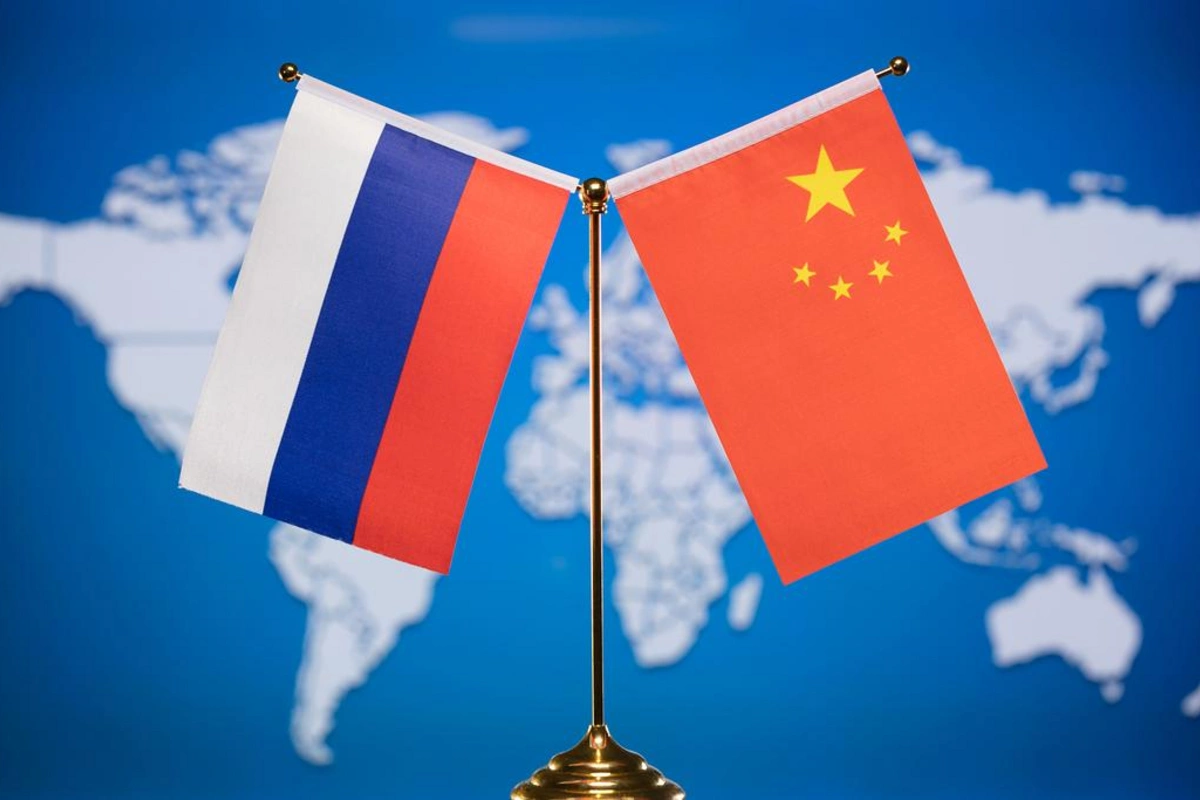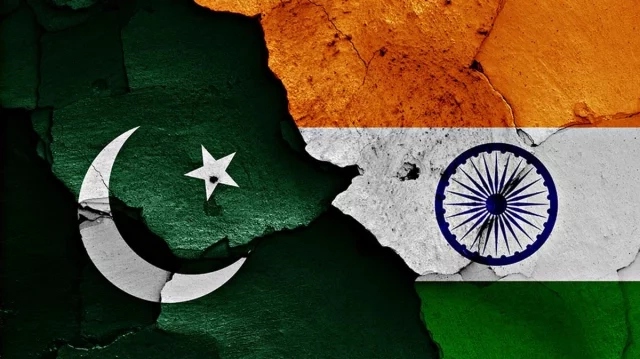
The India-Pakistan conflict is once again escalating-and this time, the stakes are higher than ever. Both nuclear-armed nations claim to be acting in self-defense, striking back in retaliation, while simultaneously warning of dire consequences if the other side does not stand down. Pakistan insists it is willing to halt its operations if India does the same. India, on the other hand, maintains that it is not targeting Pakistan per se, but rather terrorist elements operating within its borders.
Naturally, the world is on edge. Two countries with nuclear capabilities are now exchanging blows across a volatile frontier. The situation is further complicated by Tehran’s recent statement declaring full support for Pakistan, both diplomatically and logistically, should the conflict escalate.
Meanwhile, in a seemingly unrelated but symbolically loaded move, India announced the removal of tariffs on U.S. imports-an unmistakable gesture of alignment with Washington. By contrast, Iran’s backing of Pakistan reaffirms its adversarial posture toward the United States, bringing the ghost of great power rivalry squarely into South Asia.
Yet another layer of complexity lies within the framework of the Shanghai Cooperation Organization (SCO), of which both India and Pakistan are full members. Conceived as a platform to enhance regional security, counter terrorism, and promote economic cooperation, the SCO now finds itself the site of an intra-member armed conflict. The tension is compounded by the presence of other powerful SCO members-Russia, China, and most recently, Iran-each with their own stakes in the crisis.
China, a close strategic and military ally of Pakistan, also has unresolved border disputes with India and is a fierce competitor in the Asian economic sphere. It is hardly a neutral actor. Russia, for its part, maintains defense ties with India, having supplied S-400 missile systems crucial to India’s current military posture. Yet India has recently turned to France for fighter jets and still owes billions to Moscow for discounted oil purchases, with the funds reportedly stuck in a web of payment difficulties.
Thus, even within the SCO, the rivalries mirror those of the broader geopolitical chessboard. India may quietly hope that its partners in the West-namely the United States and the United Kingdom-offer moral and strategic support, while perhaps pushing for China and Russia to exert pressure on Pakistan. But such expectations seem increasingly detached from reality.
Indeed, Pakistan has already proposed an international investigation into the recent terrorist attack in Jammu and Kashmir-the very incident India cites as justification for its military operations. Islamabad specifically called on Russia and China to participate. New Delhi responded with silence.

The implication is clear: India does not want mediation through the SCO, particularly not by Russia or China. At best, it may demand that SCO members pressure Pakistan into conceding blame and withdrawing. Failing that, India might push for Pakistan’s suspension from the organization-or withdraw itself altogether.
This raises critical questions: What roles will China and Russia ultimately play? Will they seek to de-escalate the conflict or leverage it for their own strategic advantage?
China seems poised to support Pakistan in more concrete terms. Proxy war scenarios-arming Islamabad, supplying resources, and emboldening its territorial claims-are not beyond imagination. Such a strategy would allow Beijing to apply pressure on India without direct confrontation, especially regarding its own border disputes.
Russia, while officially calling for peace and having engaged in diplomatic outreach to both parties, may offer India discreet support. Moscow’s focus remains fixed on its own war in Ukraine; a proactive peacekeeping role in South Asia is unlikely.
Still, a joint Russian-Chinese maneuver may not be off the table. Should the situation move toward a ceasefire or frozen conflict requiring international oversight, Moscow and Beijing could propose a surprising mediator: North Korea. Pyongyang maintains warm relations with both capitals and has no particular allegiance to either India or Pakistan. In fact, North Korean military personnel already operate alongside Russian forces in Ukraine. For Kim Jong-un, the opportunity to play “peacekeeper” on the world stage could be an irresistible PR coup.
Then there’s the wildcard: Donald Trump.
The former U.S. president is expected to make a state visit to the Middle East in the coming days-a region now watching the India-Pakistan confrontation with growing concern. Trump has long touted himself as the only leader who can end all wars, and he’s unlikely to ignore a crisis unfolding so close to the Gulf states. His stance will be worth watching. Most likely, in the spirit of countering China, Trump will align with India.
Where all this leads remains to be seen. But one thing is clear: this is not just a regional dispute. It is a litmus test for the very architecture of 21st-century alliances.
Share on social media